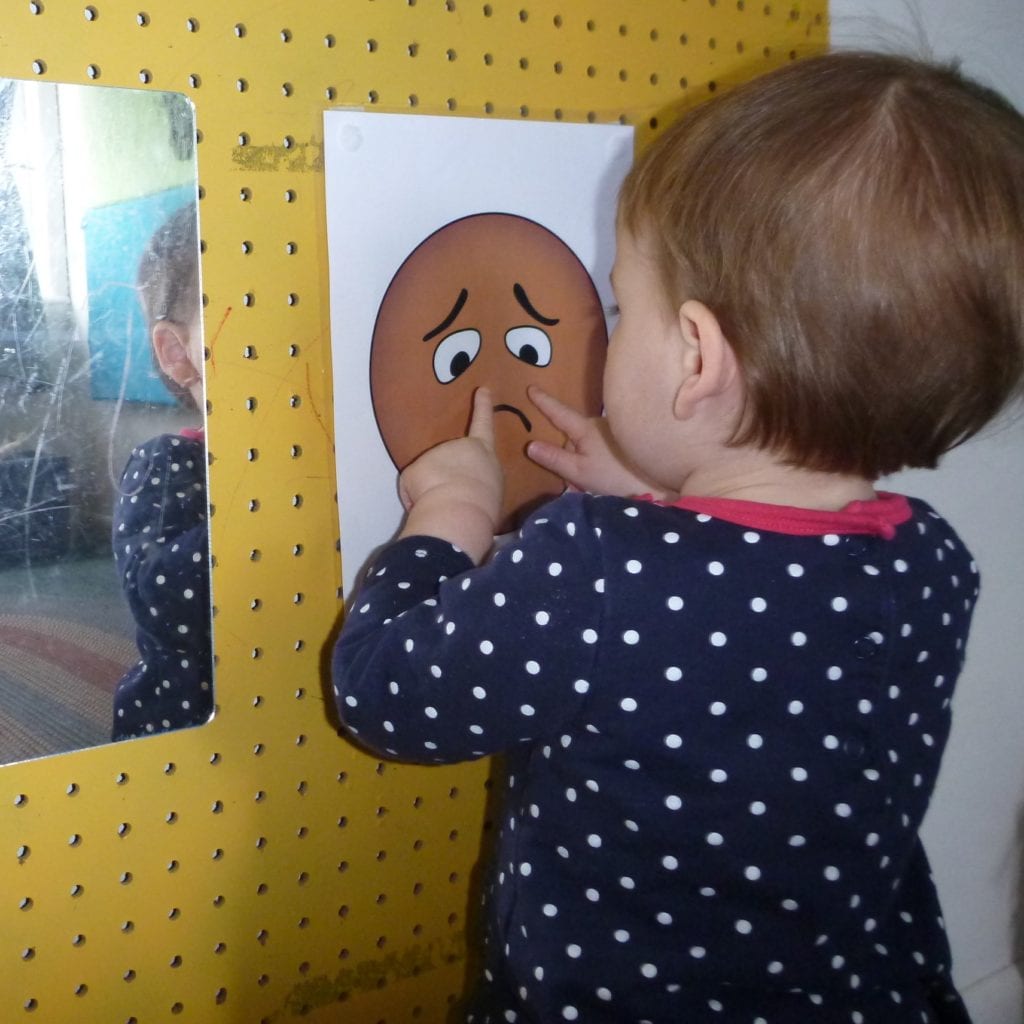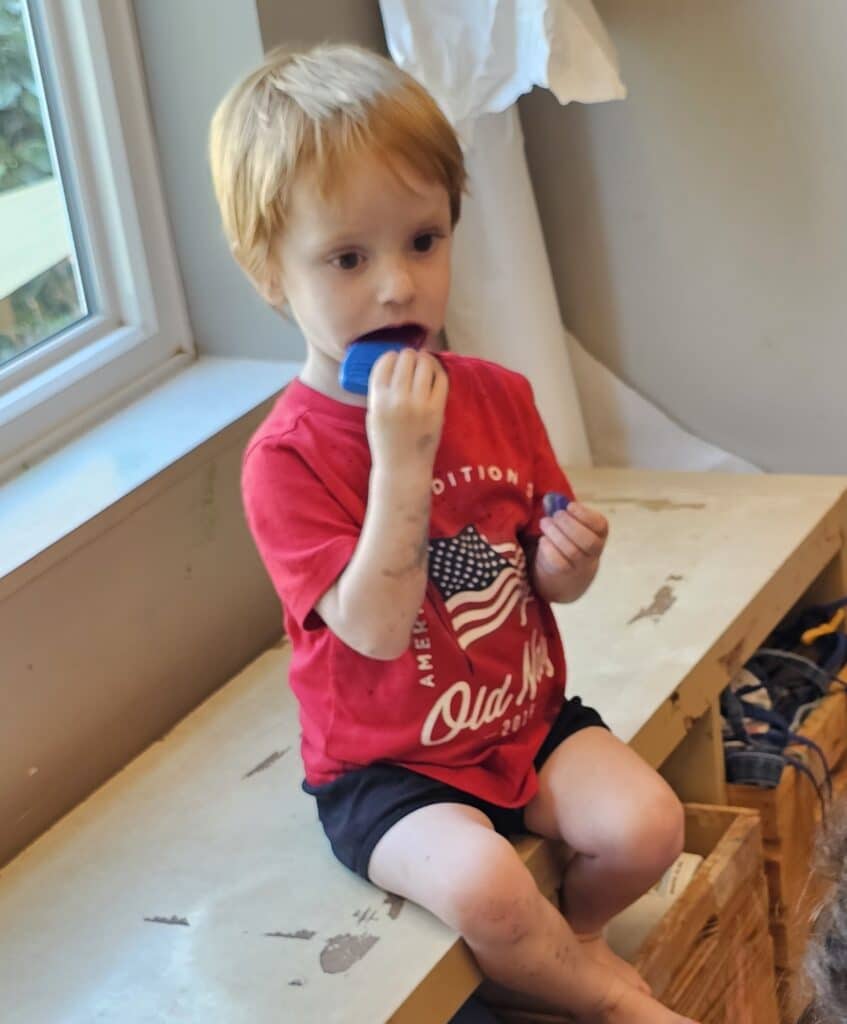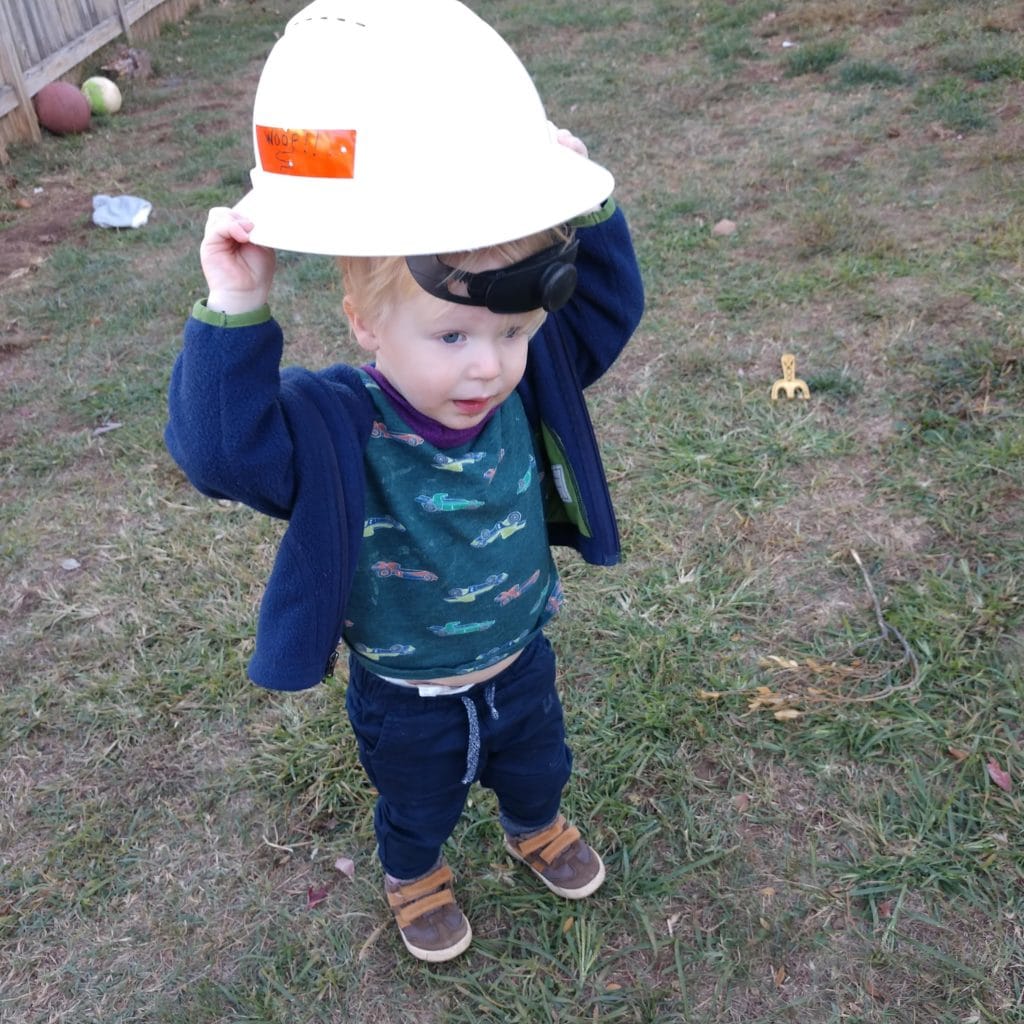Challenging Behaviors
Reflecting on Your View of Children's Behavior
Most people were raised with some form of the reward-punishment model of discipline. Our caregivers rewarded us with their praise, food, or material things when we did what they liked or thought was good. When we didn't do what the caregiver wanted, made a mistake, or struggled, we were punished with disapproval, removal of material things, physical punishment, or through a loss of attention and love. Our caregivers used rewards and punishments to manipulate our behaviors to try to get us to do what was right, good, or pleasing to them. This was a long- standing model, but now we know more about how children's brains work and we can reject this model for another way that better serves children.
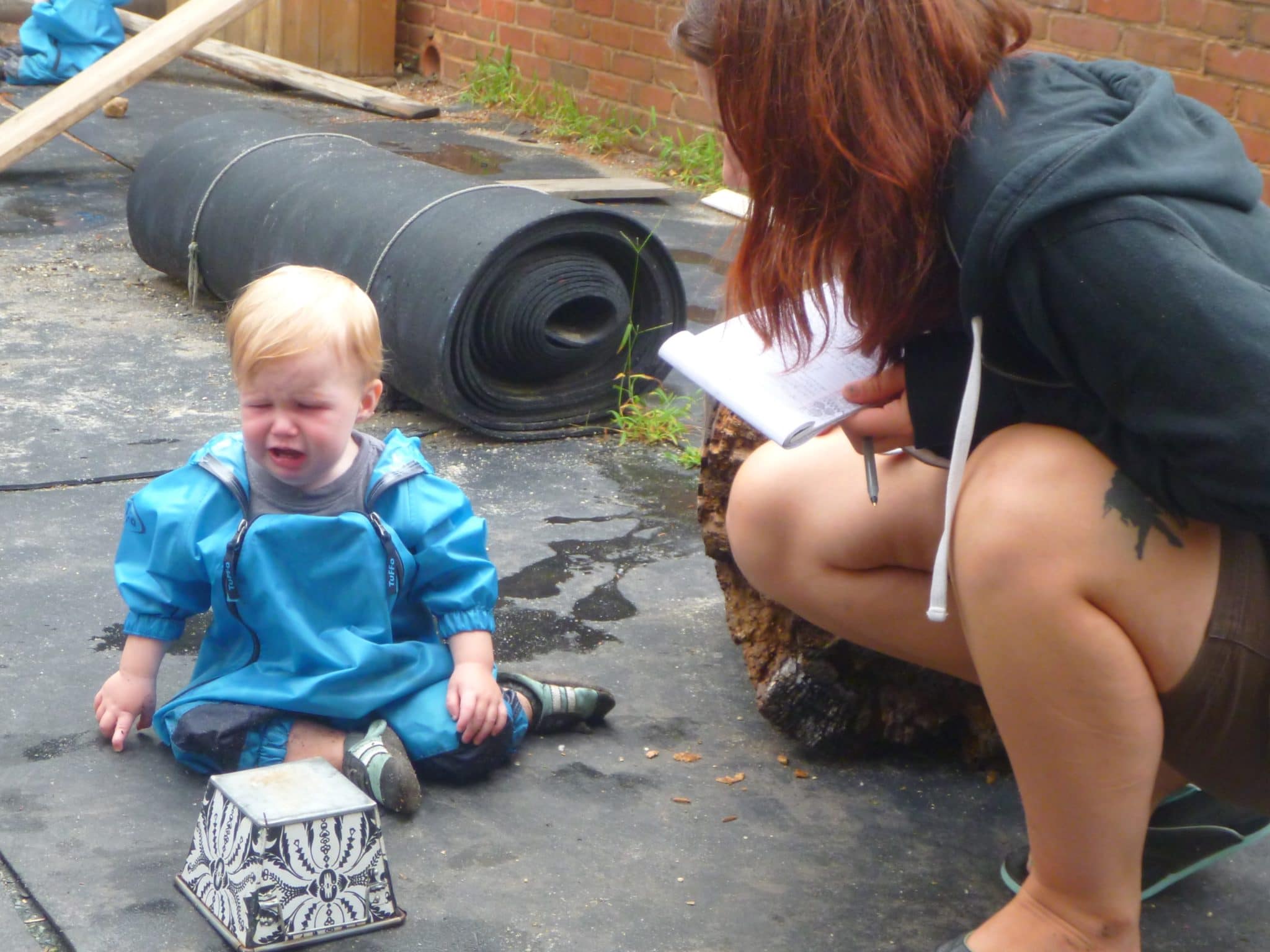
Thinking back to your childhood, how were rewards and punishments implemented? What important discipline or learning moments can you remember from your childhood? Were rewards or punishments present in those moments? Did you learn what the adult intended?
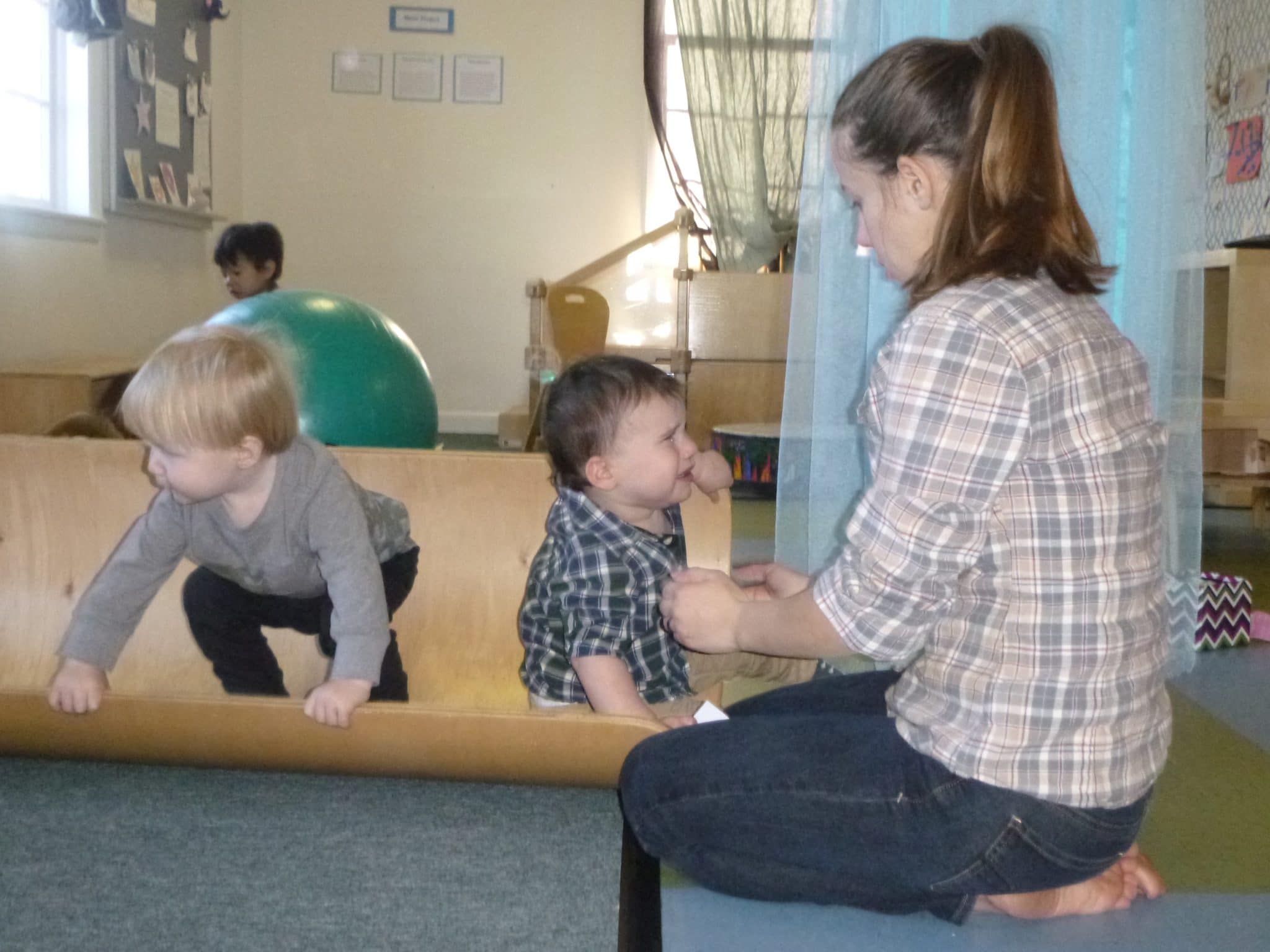
What do you think is the most effective way to manage behaviors in a civil society? What are the roles of authority figures? How effective do you believe reward systems are in impacting behaviors? In what situations are punishments justified? How do your beliefs about society extend to your beliefs about children? What is the role of caregivers?
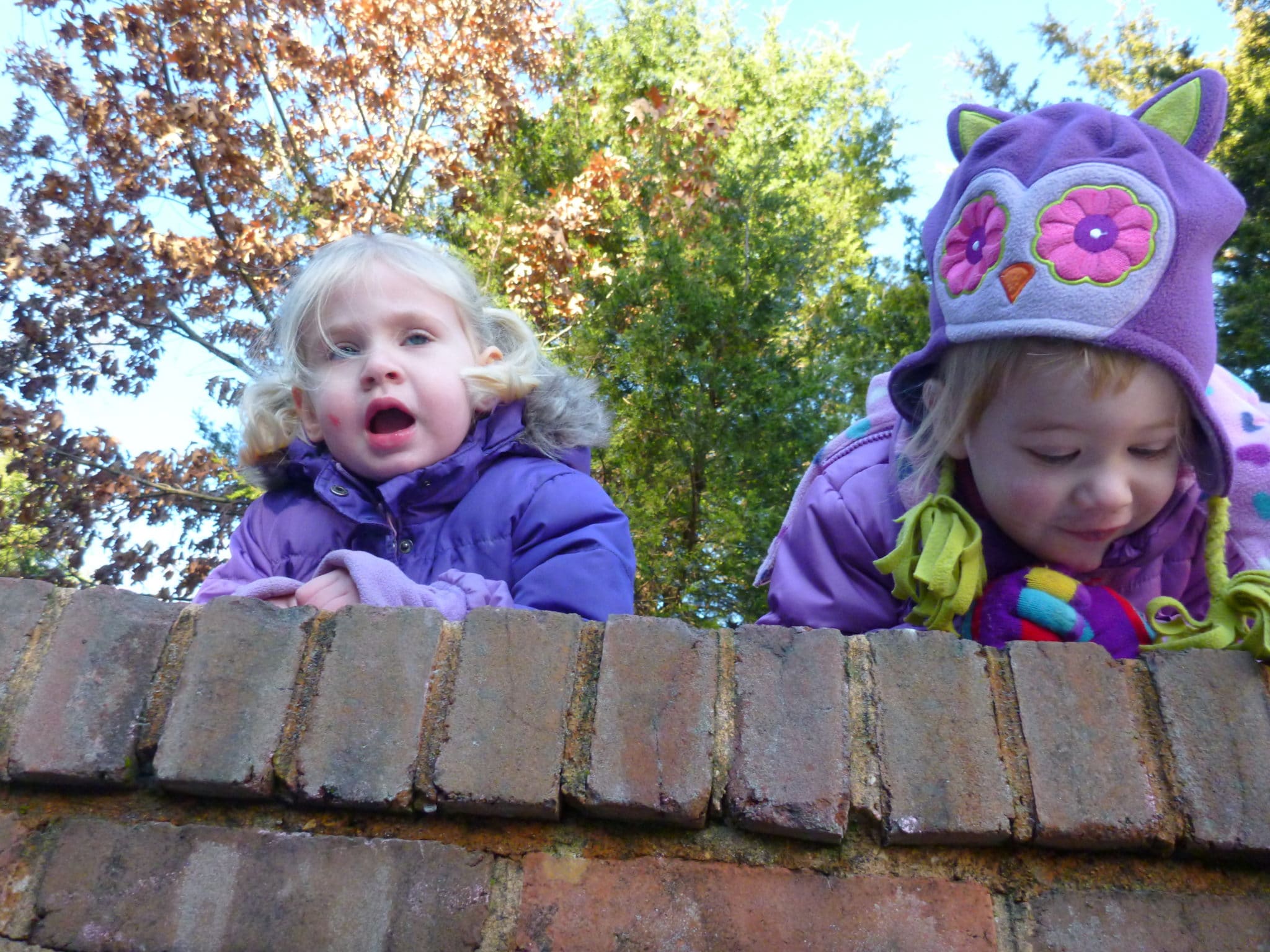
How do you manage your behavior as an adult? What tools do you have to motivate yourself? How do reward or punishment structures in your world impact you? Do any reward or punishment structures overtly affect your decision making? What subtle rewards and punishments might impact you even unknowingly?
Our Philosophy: There is no misbehavior. Children are behaving however they can to meet their needs. Children will learn to make decisions when they have a safe context in which to make decisions, make mistakes, and reflect. The caregiver’s role is to teach; rewards and punishments interfere with teaching.

Impacts of the Reward and Punishment Model
The reward-punishment model of behavior management continues as the primary method largely because adults rarely get a chance to pause and consider how it is not serving children. When we stop and reflect on the impacts of this model we will resolve to commit to another way.
